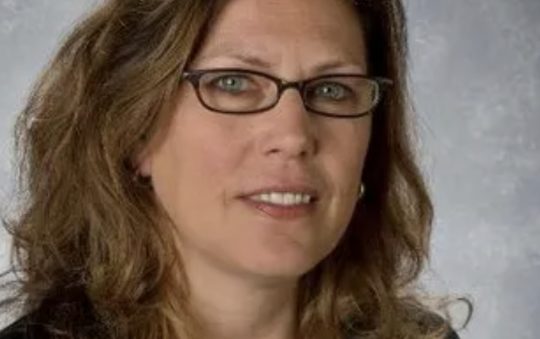
As our fellow Californians and Americans protest across our country, we must not lose sight of why they are protesting. It’s because of a deep pain that we recognize all too well. The pain of not confronting a dark history that has spanned the life of our country. The pain of recognizing our fathers, uncles, brothers, mothers, sisters, and aunts in the faces of so many Black men and women who were taken from us because of racism and violence.
Along with that pain is the exhaustion. Exhaustion because what we are experiencing is sadly not new. Many of us are old enough to remember when Rodney King was brutally beaten by police in Los Angeles nearly 30 years ago. The pain and the anger from those days are still fresh in our minds.
I was proud to stand with protestors marching outside the White House in Washington, D.C. As we marched, I was heartened by how many people—from all races, ethnicities, and walks of life—joined our rallying cry that enough is enough. Enough with excessive force at the hands of police officers who took an oath to protect and serve our communities. Enough with being treated as less than human. Enough of living in fear that someone we love could be next.
As we marched, I also thought of the moment a Black mother meets her baby and holds their body for the first time. She is met with overwhelming feelings of joy, but also the fear that one day her child could be seen as a threat —simply for living. For jogging. For being in his or her apartment. For listening to music. That some could seek to do her child harm. That one day her child could be the next Emmett Till, Rodney King, George Floyd, Kalief Browder, Jordan Davis, Ahmaud Arbery, Breonna Taylor, Michael Brown, Trayvon Martin, Eric Garner, Philando Castille, Ezell Ford, Sandra Bland, Laquan McDonald, Tamir Rice, Alton Sterling, Freddie Grey, Sean Reed, or countless others.
America’s wounds, our wounds, are raw. They are on full display for everyone to see. And they are deepened by Trump’s inability to show empathy and understanding. They are deepened by law enforcement using tear gas in the middle of a pandemic from a respiratory illness. They are deepened by the problem of protests against excessive force being met with more excessive force. Let me be clear: we cannot lose sight of the fight. I share in our community’s sadness, anger, and pain. But we must stay in the fight. We need an America that lives up to the ideals of Equal Justice Under Law. Our future depends on it.
That’s why I’m working alongside Senator Cory Booker on legislation in the Senate to address police brutality at the federal level. It’s time for a national standard on the use of force. Instead of states using a patchwork of “reasonable” force standards, we need a higher threshold by making officers prove that they used the least amount of force and that the force was “necessary” with no other alternatives available. That includes getting rid of things like chokeholds and carotid holds that stop vital blood flow. And if we are going to keep police truly accountable, we must ensure that conflicted district attorney’s offices, which interact with police on a daily basis, can’t investigate their colleagues when they are involved in a killing. We also need to bring back the Obama-era policies of using pattern and practice investigations and consent decrees whenever needed, which allow bad police departments to be rooted out. These solutions are practical. And with people speaking their truth across the country, we hopefully will get the political will needed to enact these solutions.
Our country can no longer accept the status quo where Black people are treated as less than human. Where we have two systems of justice – one for the privileged and one for everyone else. And where leaders fail to make changes that honor our humanity. With so many people lifting their voices and taking a stand against hatred and racism, we must make meaningful change.
A lifelong public safety and civil rights leader, U.S. Senator Kamala D. Harris was the first African-American and first woman to serve as Attorney General of California, and the second African-American woman to be elected to the U.S. Senate in history.







